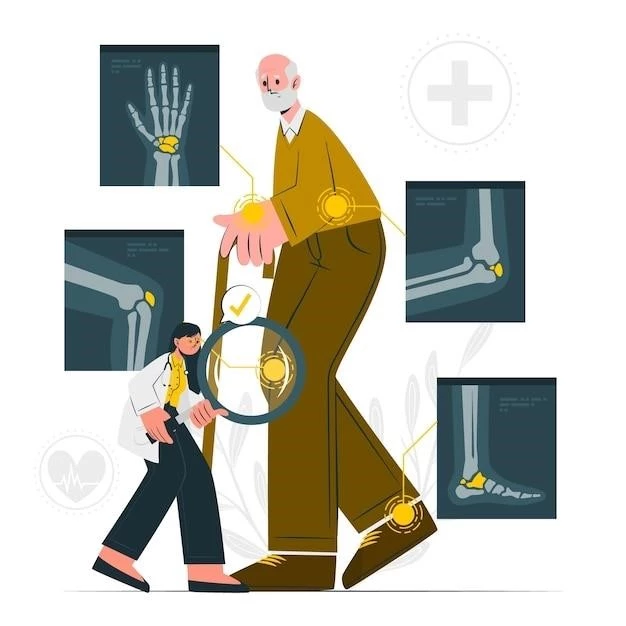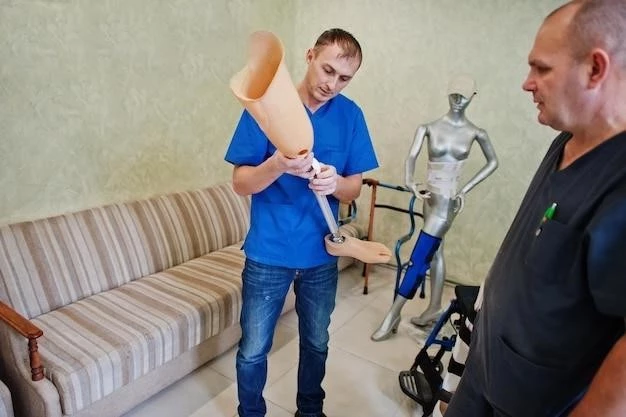Arthrogryposis, a condition with causes like genetic mutations, manifests as joint contractures and muscle weakness.
Causes and Symptoms of Arthrogryposis
Arthrogryposis can be caused by genetic factors or issues during fetal development. Symptoms include stiff joints, muscle weakness, and limited range of motion. Early diagnosis and intervention are essential for managing the condition effectively.

Treatment Options for Arthrogryposis
Various treatment approaches include physical therapy, surgical interventions, and supportive care for optimal outcomes.
Managing Arthrogryposis in Infants
Early intervention is crucial for infants with arthrogryposis. Treatment may involve gentle stretching, splinting, and positioning techniques to enhance mobility and prevent contractures. Regular monitoring and developmental assessments are essential for a comprehensive care plan.
Physical Therapy for Arthrogryposis Patients
Physical therapy plays a vital role in managing arthrogryposis by focusing on improving muscle strength, flexibility, and overall function. Therapists use tailored exercises and techniques to enhance mobility and independence. Consistent therapy sessions are key to long-term progress and quality of life.
Surgical Interventions for Arthrogryposis
Surgical procedures may be recommended to correct joint contractures, release tight tendons, or address bony abnormalities in arthrogryposis patients. These interventions aim to improve range of motion and functional abilities, often in conjunction with physical therapy for optimal outcomes. Each surgery is tailored to the individual’s specific needs and goals.
Supportive Care for Arthrogryposis Individuals
Supportive care for individuals with arthrogryposis involves a multidisciplinary approach, including occupational therapy, assistive devices, emotional support, and educational resources. Creating a supportive environment and providing adaptive tools can enhance independence and overall well-being for those living with the condition.
Advancements in Arthrogryposis Research
Recent research focuses on genetic studies and innovative treatments to improve outcomes for arthrogryposis patients.
Arthrogryposis Research and Future Developments
Ongoing research in arthrogryposis aims to uncover new genetic insights, develop advanced treatment modalities, and enhance patient outcomes. Collaborative efforts between scientists, medical professionals, and patient communities drive progress in understanding and managing this complex condition.
Living with Arthrogryposis
Discover practical tips and advice to navigate daily challenges and embrace a fulfilling life with arthrogryposis.
Tips and Advice for Living with Arthrogryposis
Embrace self-care, seek community support, explore adaptive tools, prioritize mental health, maintain an active lifestyle, and advocate for inclusive environments to enhance your quality of life while living with arthrogryposis.
